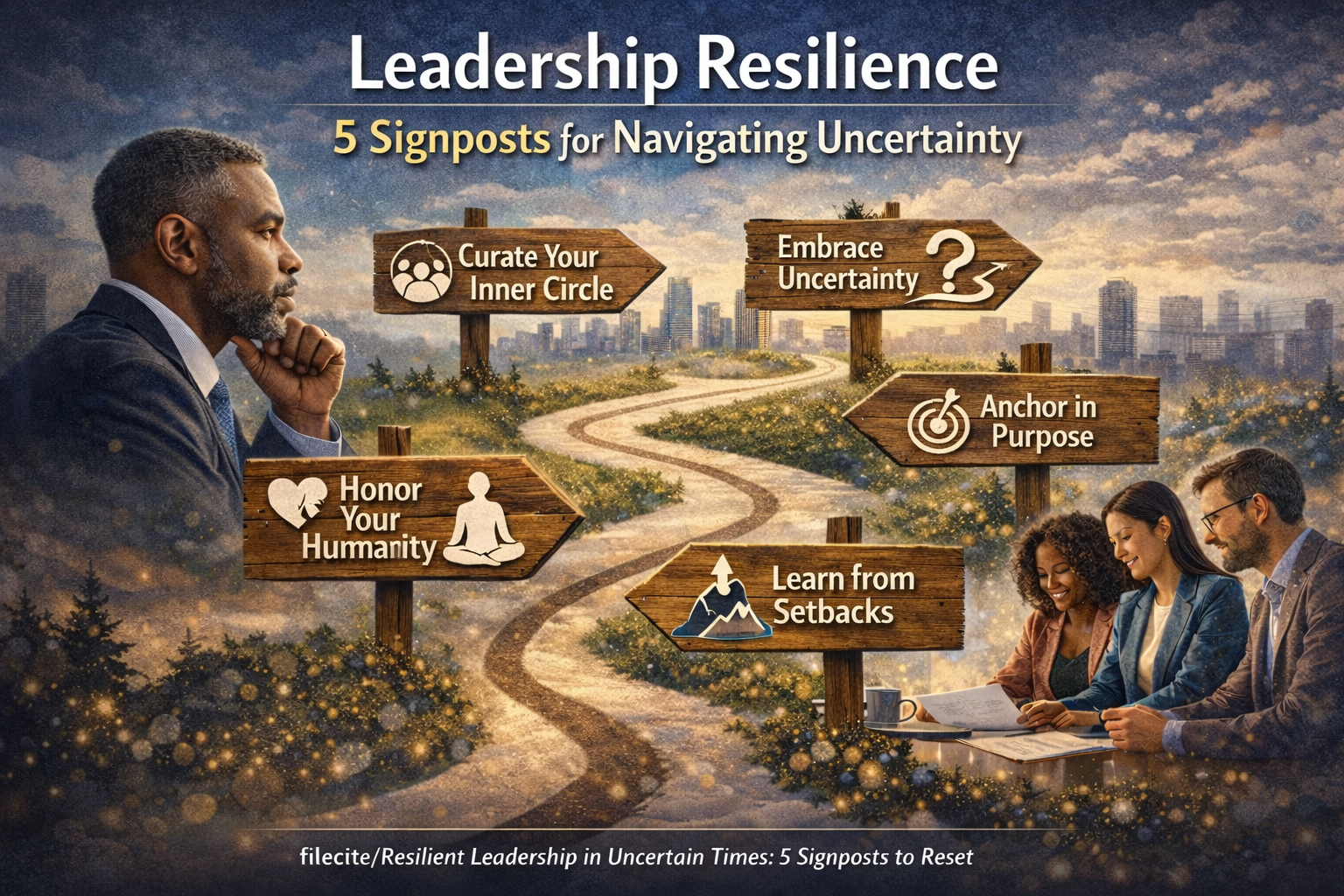How to Use Positive Psychology to Engage Your Team

Positive psychology has taken on a transformative role in the workplace. A powerful concept grounded in research, positive psychology focuses on strengths, positive emotions and values to support well-being and optimal functioning.
Today, positive psychology coaching is a game-changer in workplace dynamics, particularly as more and more employees prioritize corporate culture when making career choices.
This blog discusses the implementation of positive psychology and positive psychology coaching in the workplace, as these have become essential tools for increasing productivity and performance, enhancing creativity and innovation, and boosting employee engagement and retention.
Here are a few recommendations from The Workplace Coach for creating a happier, healthier and more engaged workforce using positive psychology.
Celebrate successes
Make it a point to recognize and celebrate your employees’ contributions regularly. You can do so via email, in one-on-one conversations, and in meetings convened to discuss how someone’s efforts produced intended results. Always mark the completion of challenging tasks or projects, including by addressing how team members overcame hurdles or excelled in other ways.
Give feedback to employees in daily interactions, rather than waiting for annual review time. Use these interactions to encourage individuals to continue their positive behaviors, focusing your comments on what they do well, rather than on their mistakes.
Acknowledging the work of individual staff members and teams makes employees feel valued, generating the kind of positive emotions and goodwill that motivate employees to do their best work and repeat their successes in the future.
Play to strengths
Cultivate positivity by developing your employees’ strong suits and creating opportunities for building on their talents.
At The Workplace Coach, we often recommend to our executive coaching clients that they use personality profile and assessment tools to identify employee strengths and target areas for improvement. Feedback from assessment tools provides an excellent foundation for setting goals and designing action plans for team members.
Also, be sure to put your employees’ talents and skills to work. The more you use someone’s capabilities, the more they feel valued and happy.
Manage relationships
Positive workplace relationships are essential to fostering an engaged and productive workforce. As a leader, your role includes building and sustaining strong teams and facilitating healthy communications among managers and staff.
To build cohesive teams, make sure team members understand each others’ roles in a shared goal. Team leaders should be inclusive and recognize everyone’s role, regardless of their job in the company. This helps create a sense of belonging.
At The Workplace Coach, we urge our executive coaching and leadership coaching clients to use the tools of positive psychology coaching to support healthy workplace relationships. This involves asking open-ended questions that encourage a free flow of ideas; being authentic as a leader, including by being transparent about your own shortcomings, and managing conflict skillfully.
Create a positive culture
A healthy workplace culture is key to employee happiness, engagement and retention. It can also be a significant competitive differentiator for your organization. To create a positive culture, articulate your organization’s mission clearly and make sure team members understand how their work contributes to the organization’s goals, values and culture.
Individuals also should be encouraged to consider how their values align with the values and vision of the organization, as this will help motivate them to do their jobs well. Communicate the organization’s values and vision at every opportunity so employees feel a connection between their work and the mission.
You can also engage the staff in the culture-building process through online surveys and group forums. This builds morale and provides insight into the existing culture as well as into those areas that might require behavioral changes. It is also a good way to highlight an organization’s journey.
Invest in your people
Provide regular learning and accomplishment opportunities to support employees in developing their skills, talents and strengths. Arrange for individual and/or group training and coaching or mentoring. Doing so shows team members that they are valued by your organization, while also building the organization’s talent pool and capabilities.
It’s also important to develop a growth mindset in employees. You can do this by deliberately putting employees in challenging situations, for instance by giving them challenging projects that require them to stretch their skills or add new ones. Rapidly developing technologies and a volatile business climate make the ability to tackle new and unexpected challenges critical to success both for your team members and your organization.
The Workplace Coach is here to help
Embedding positive psychology coaching in your organization’s management techniques will reap long-term benefits by supporting the success and wellbeing of your greatest asset – your workforce.
At The Workplace Coach, we help business leaders achieve this and other goals by using the strengths-based focus and tools of positive psychology. Contact The Workplace Coach today to learn how you can become a masterful leader who creates a positive culture that supports healthy, happy and productive employees.
Is it time to support your leaders with award-winning coaching? Contact The Workplace Coach today!
Get Practical and Actionable Insights Delivered Monthly
Sign up for our blog now so you never miss out on our expert advice and tips.
Other Blogs

Resilient Leadership in Uncertain Times: 5 Signposts to Reset for the New Year

A Third Consumer Choice Award—Why We’re Grateful (and Why It Matters)





